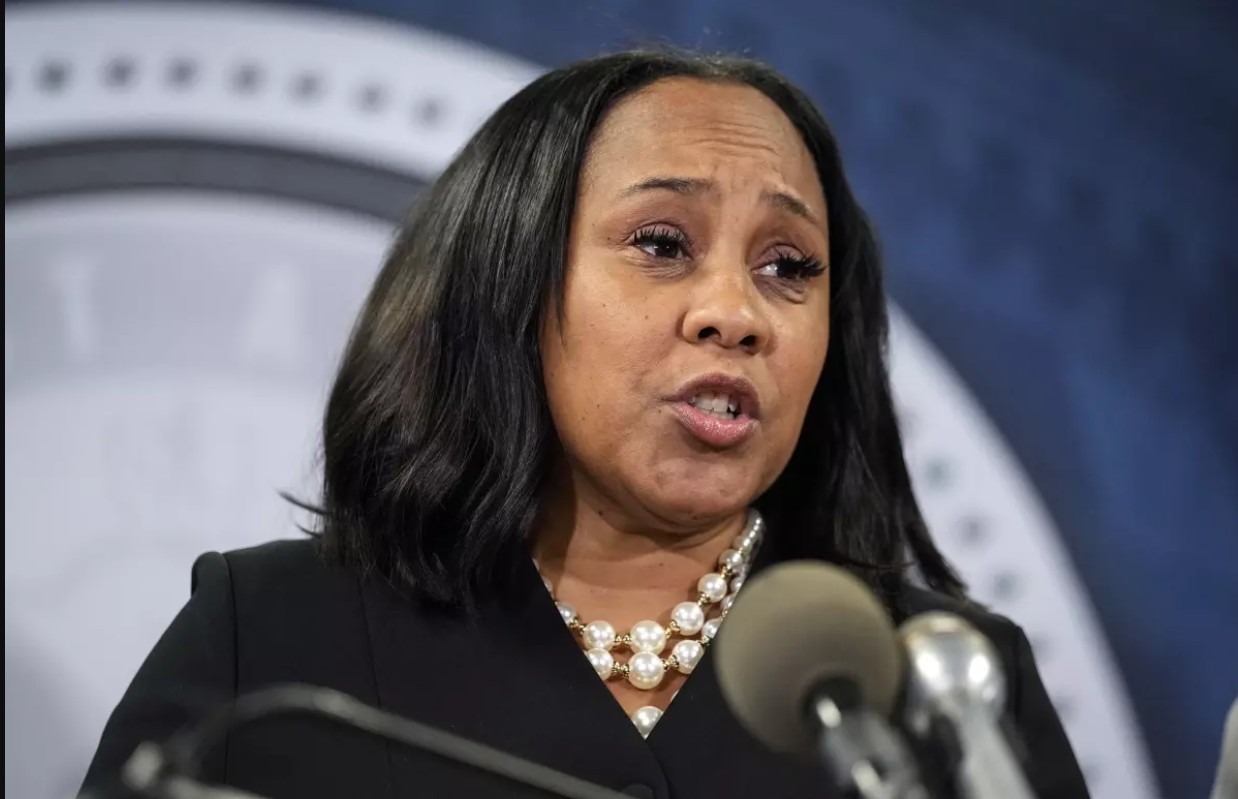Martial Law in US: What it is, Why & Who can Declare it?
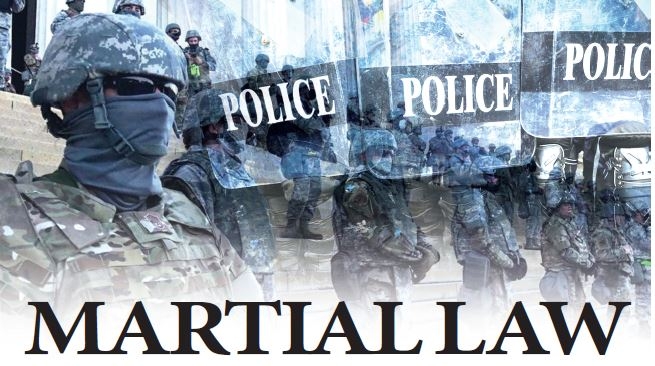 |
| What is the martial law of the US? Photo: Afram News |
Social media users are spreading a variety of rumours that President Donald Trump will either impose martial law to prevent Joe Biden from being inaugurated on Jan. 20 although there is no evidence for it up to now.
What is martial law?
Martial law, as defined by Merriam-Webster, is "the law administered by military forces that is invoked by a government in an emergency when the civilian law enforcement agencies are unable to maintain public order and safety."
It has been declared 68 times in the US, with 29 declarations coming during labour disputes, according to the Brennan Center for Justice.
Four declarations came during natural disasters and two more came during wars or invasions.
"Martial law has long been mired in confusion in the United States, but that has not always stopped state and federal officials from declaring it," the Brennan Center writes.
The federal government has not declared martial law since it restored civilian rule to Hawaii in 1944: On August 20, 1942, military police in Honolulu, Hawaii, arrested a man named Harry White. Under normal circumstances, the U.S. military would not have been involved in his case. He was a stockbroker, not a soldier, and neither he nor his business had any connection with the armed forces. Even his alleged crime — embezzlement of funds from a client — was a violation of civilian, not military law. White was brought before a military provost court. His attorney objected to the court’s jurisdiction, requested a jury trial, and asked for time to prepare a defence. But Major Murrell, the presiding military officer, rejected these motions. Instead, just five days after being arrested, White was tried without a jury, convicted, and sentenced to five years in prison.
Martial law was last declared on the state level in 1963 when Maryland Governor J. Millard Tawes imposed it on the city of Cambridge in connection with race riots.
How does martial law work?
Martial law does have limits. The Posse Comitatus Act passed on June 18, 1878, prevented federal troops from supervising Confederate state elections during Reconstruction. Though initially it only applied to the Army, it has been amended to include the Defense Department and, of course, the other service branches. That act prevents troops from enforcing domestic law, preventing such actions as searching and seizing property or dispersing crowds. However, National Guard units, which take their direction from state governors, are exempt from the Posse Comitatus Act.
One exception to Posse Comitatus, however, is the Insurrection Act, which allows the use of active-duty or National Guard troops for federal law enforcement in cases when “rebellion against the authority of the U.S. makes it impracticable to enforce the laws of the U.S. by the ordinary course of judicial proceedings,” according to U.S. Northern Command.
Can the U.S. president declare martial law?
The Supreme Court has never clearly stated whether the federal government has the power to declare martial law, and if so, whether the president could unilaterally declare it or whether it would require congressional authorization. However, the Supreme Court’s 1952 ruling in Youngstown Sheet & Tube Company v. Sawyer provides a framework for analyzing exercises of executive power — and would likely be used by a court to determine whether a president’s martial law declaration has exceeded executive authority.
According to Youngstown, when Congress has addressed an issue by passing a statute, the president cannot act against Congress’s will — as expressed in the statute — unless the Constitution gives the president “conclusive and preclusive” power over that issue. When it comes to domestic deployment of the military, Congress has expressed its will in two ways. First, it has enacted a wide variety of laws that regulate when and where the military may be used domestically. These laws are so comprehensive that Congress has “occupied the field,” meaning that if the president were to use the military domestically in a way that Congress has not affirmatively authorized (such as by declaring martial law), it would effectively be against Congress’s will. Second, and more specifically, the Posse Comitatus Act makes it illegal for federal military forces to participate in civilian law enforcement activities — the exact sort of activities that are associated with martial law — unless Congress has provided express authorization.
In short, Congress has placed clear and wide-ranging restrictions on the president’s ability to use the military domestically. A presidential declaration of martial law would violate these rules. The Constitution does not grant the president “conclusive and preclusive” power over the issue of domestic military deployment, Brennan Center cites. On the contrary, it gives most of the relevant authority to Congress. Therefore, under Youngstown, the president would not have the constitutional authority to override the restrictions Congress has put in place, and a unilateral declaration of martial law would not survive a legal challenge.
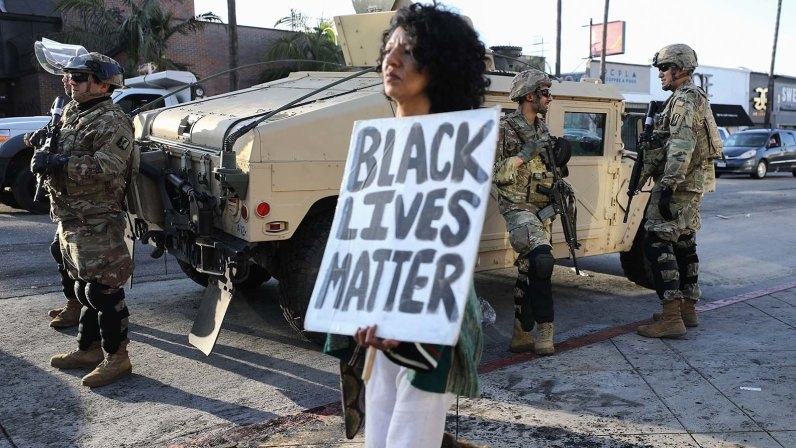 |
| A protester holds a Black Lives Matter sign next to U.S. National Guard troops in L.A.'s Fairfax District, which was damaged during unrest on May 31, 2020, in response to the killing of George Floyd by a Minneapolis police. Photo: How Stuffs Work |
Does the Constitution apply under martial law?
Yes. The federal government is bound at all times by the Constitution. Even under martial law, the government cannot suspend or violate constitutional rights. Additionally, martial law declarations are subject to judicial review, as cited by Military Times.
For example, if the federal government places a state or territory under martial law, individuals detained by the military can ask a federal court to order their release by petitioning for the writ of habeas corpus. Subsequently, if a court considers the petition, it can decide whether the declaration of martial law was constitutional in the first place.
Can states declare martial law?
The Supreme Court has held that individual states have the power to declare martial law — and such a declaration is valid simply if it is authorized by the constitution or laws of the state. States have declared martial law far more frequently than the federal government. However, even under martial law, state officials are bound both by the U.S. Constitution and by valid federal laws. Additionally, individuals can challenge a state declaration of martial law by seeking injunctive relief in federal court — and if they are detained, they can petition for the writ of habeas corpus.
What did Trump say about declaring martial law?
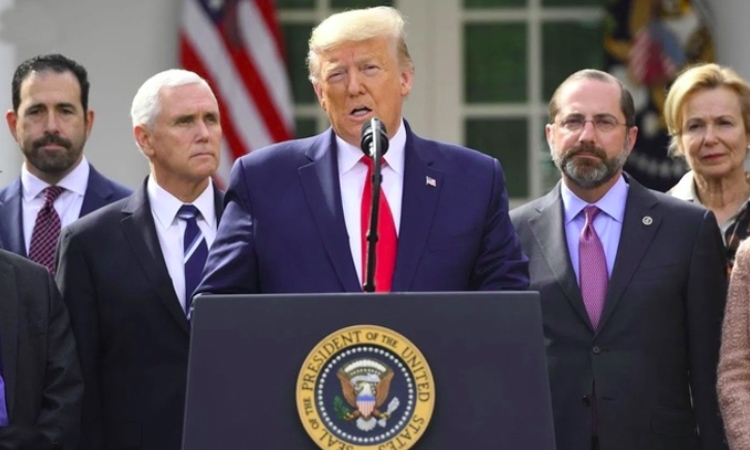 |
| Photo: Trutdig |
It was revealed in December that former national security advisor Michael Flynn reportedly pushed for the president to use the military to "rerun" the election.
According to The Sun, Trump and his advisors are also believed to have discussed commandeering voting machines and appointing Sidney Powell as a special counsel to inspect them.
Donald Trump rejected suggestions that martial law would be implemented. He tweeted: "Martial law = Fake News. Just more knowingly bad reporting."
Jim Golby, a senior fellow at the Clements Center for National Security at the University of Texas-Austin, told Task & Purpose that Flynn's conspiracy theories are a "disgrace."
"The fact that Mike Flynn continues to spread conspiracy theories and misrepresent the president’s legal authorities is a disgrace to the country and to the uniform he wore," Golby told the outlet.
For more updated information, check back KnowInsiders website regularly!
 Facts about 'Nuclear Football' Briefcase of the U.S President: History, What’s inside, Red Button and Everything to Know Facts about 'Nuclear Football' Briefcase of the U.S President: History, What’s inside, Red Button and Everything to Know Nuclear Football, the powerful and mysterious briefcase that always follows the U.S President everywhere can be able to launch a nuclear attack. So, what is ... |
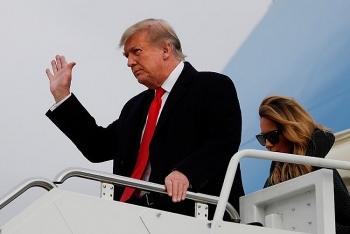 What Trump will be doing on January 20 - Biden's Inauguration What Trump will be doing on January 20 - Biden's Inauguration US President Donald Trump said on Friday he would not attend the inauguration of his successor, Democratic President-elect Joe Biden, on January 20. However, What ... |
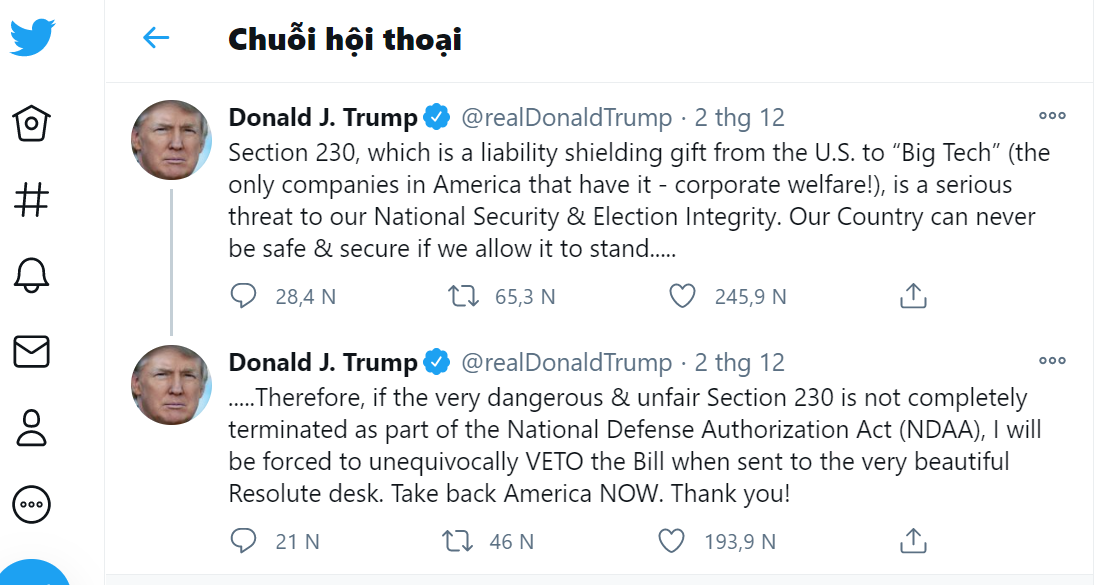 What is Section 230, inspiring Trump’s vetoes major defense bill? What is Section 230, inspiring Trump’s vetoes major defense bill? Section 230 enacted in 1996 was a part of the Communications Decency Act law that protects social networking platforms such as Twitter, Facebook, and YouTube ... |



